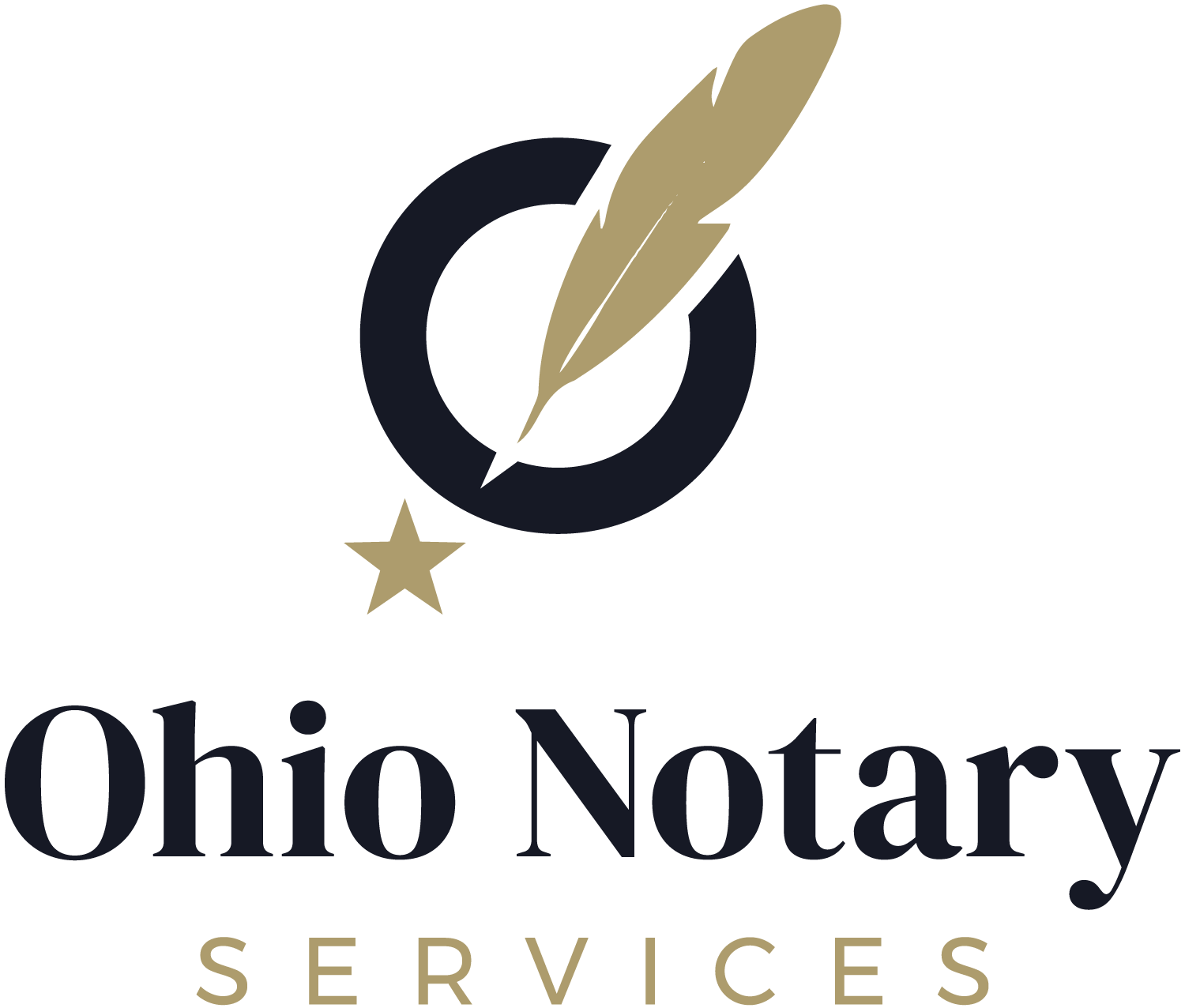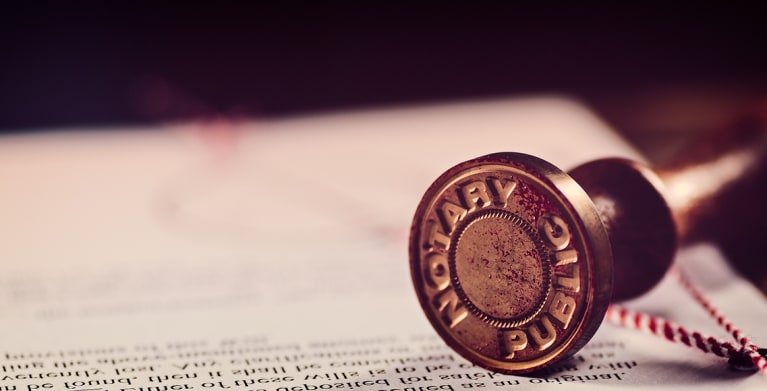DIRCO Regulations Demystified: A Overview to Diplomatic Method
DIRCO Regulations Demystified: A Overview to Diplomatic Method
Blog Article
Demystifying Notarial Work: Simplifying the Duty and Significance of Notaries
In the intricate internet of legal documentation and verification, notaries stand as columns of assurance and authenticity. Their role, usually shrouded in enigma for many, carries considerable weight in making certain the legitimacy and stability of vital records. As guardians of validity and fact, notaries play a pivotal part in our culture, yet their job is not constantly totally understood. By deciphering the intricacies bordering notarial techniques and dropping light on the relevance of their acts, a more clear understanding arises of the important role notaries play in maintaining the fabric of legal and legal agreements.
The History of Notarial Work
How did notarial work advance gradually to end up being an indispensable component of legal and company deals? The background of notarial job days back to old human beings, where scribes played a critical function in taping vital information and authenticating papers. As societies progressed, the need for an extra formalized system to guarantee the credibility of arrangements occurred. This caused the development of notaries, individuals designated by the state to serve as neutral witnesses in legal matters.
During the Center Ages, notaries obtained prominence in Europe, with their functions broadening to include composing lawful records, accrediting trademarks, and protecting documents. The increase of worldwide trade better emphasized the importance of notarial operate in validating agreements and contracts across boundaries.
In the modern era, notaries continue to play a crucial duty in lawful and business deals by validating identifications, verifying the authenticity of records, and protecting against fraudulence. Their duty in certifying the credibility of contracts includes a layer of security and trust to the ever-evolving landscape of commerce and legislation.

Tasks and Obligations of Notaries
The historical evolution of notarial job from old civilizations to the contemporary period has shaped the distinctive tasks and responsibilities that notaries support in lawful and service transactions today. Notaries play an essential duty in verifying the authenticity of records and the identity of signatures. One of their main duties is to witness the signing of vital documents, such as contracts, wills, and actions, to ensure that all celebrations are becoming part of agreements intentionally and voluntarily. Notaries also validate that signatories are of audio mind and not under discomfort or threat.
They certify copies of initial documents, supplying guarantee to establishments that the duplicates are real reproductions of the originals. Generally, the responsibilities and obligations of notaries are crucial in protecting the stability and validity of numerous documents and deals - DIRCO.
Notarial Certificates and Signatures
Exhibiting thorough focus to information, notarial certificates and signatures work as crucial components in verifying the credibility of legal records. Notarial certifications usually contain vital info such as the day of registration, the names of the signatures, a description of the record, and the notary's main seal. These certifications give a clear document of the notarial act, making certain that the document can be conveniently identified and traced back to the notary who oversaw the procedure.
Signatures play a crucial role in notarial work, as they indicate the arrangement and authorization of the celebrations involved. Notaries meticulously witness the signing of papers to confirm the identity of the notaries and validate that they are authorizing of their own free choice. By attaching their main seal and signature to the file, notaries accredit that the needed procedures have actually been adhered to which the paper is valid and enforceable.
Essentially, notarial certifications and signatures are the characteristic of credibility in lawful deals, providing guarantee to all events included that the records are genuine and binding.
Relevance of Notarial Acts

Registration Process Described
The notarization process usually begins with the individual presenting the record to a notary public. As soon as the identification is confirmed, the notary ensures that the individual authorizing the paper does so willingly and without any kind of threat.

Verdict

Notarial certifications typically consist of critical information such as the date of registration, the names of the signatures, a description of the file, and the notary's official seal. These certifications give a clear document of the notarial act, ensuring that the paper can be conveniently identified and traced back to the notary who oversaw the process.
By attaching their main seal and signature to the record, notaries certify that the essential procedures have been adhered to and that the file is enforceable and valid.
By confirming the identification of the notaries, validating their readiness to get in right into the contract, and licensing Read Full Report the day and location of the signing, notaries play a crucial function in promoting the legitimacy of legal papers.After the paper is signed, the notary will affix their official seal or stamp onto the record.
Report this page